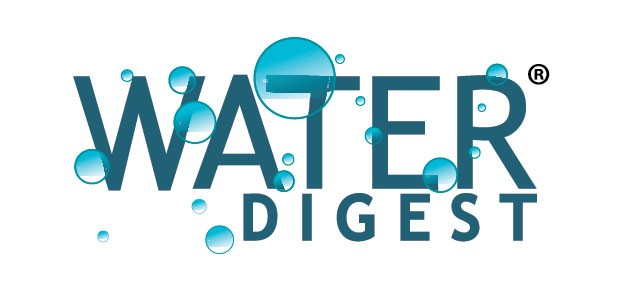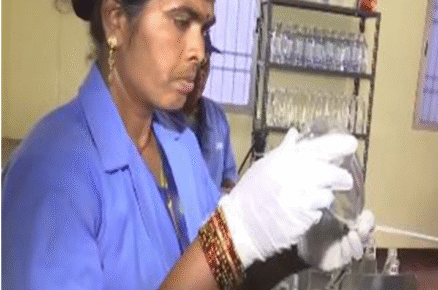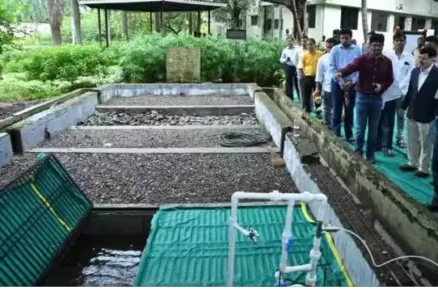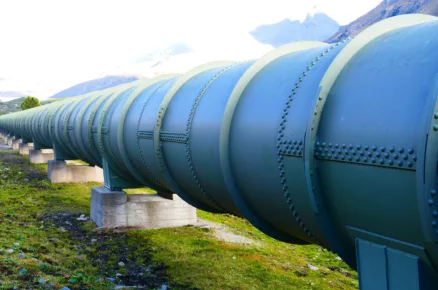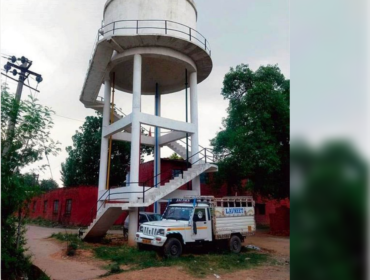Delhi has conducted its first cloud-seeding trial, using aircraft to disperse silver iodide and sodium chloride over areas such as Burari and Karol Bagh.
The initiative, led by the Delhi government in collaboration with IIT Kanpur, seeks to trigger artificial rainfall to wash out particulate pollution.
This trial reflects a significant shift in Delhi’s environmental strategy; from reactive pollution control to proactive, technology-driven interventions. While cloud seeding has been used in other parts of the world, its application here underscores how water-industry thinking must increasingly overlap with meteorology and atmospheric science.
Key implications for the water-sector:
Reliance on real-time environmental data: Success depends critically on accurate, up-to-date readings of cloud moisture, wind, and other meteorological parameters. Without such data, even the best-planned seeding efforts may not yield results.
Tech investment and risk management: The financial and technical outlay is nontrivial. Water-industry stakeholders will need to balance cost, expected benefits, and uncertainties in return on such interventions.
Sustainability and scalability concerns: Experts warn that cloud seeding is not a panacea. While it does help in the short term, it cannot be a substitute for long-term water-resource and pollution-management strategies.
The trial also raises critical questions about cost-effectiveness, long-term viability, and environmental trade-offs. Going forward, the water-sector must not only watch such experiments closely but also participate in shaping them, ensuring that innovation is matched by scientific rigour and sustainability.
Source: https://shorturl.at/4SuhZ
